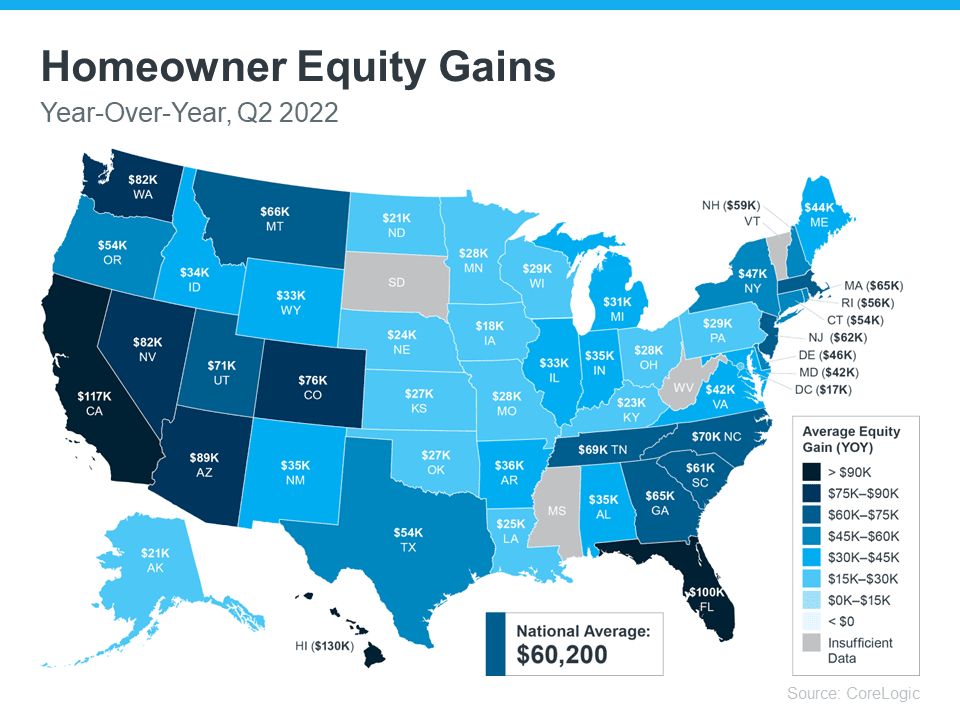Watching the Stock Market? Check the Value of Your Home for Good News.



Stay up to date on the latest real estate trends.

The single-family home market is on fire in San Francisco right now, as the median sale price for a single-family home is reaching the highest level it’s reached in th… Read more

It’ll be important to pay attention to how this market evolves over the seasonally slow winter months, as dwindling inventories might drive prices up over time.

Last month we saw a big upward swing in median sale prices for single-family homes in San Francisco.

Listings are spending a lot more time on the market than they were last year, with single-family listings spending more than 20% longer on the market.

While much of the Bay Area is experiencing inventory issues, the vast majority of areas are seeing inventories begin to pile up. As we know, San Francisco has the oppo… Read more

Median sale prices in the East Bay have fallen for six months straight.

RSVP Below for Webinar Link | Join Us on 9/10 @ 5:30PM for a 1-Hour First-Time Homebuyer Webinar to Learn What it Takes to Buy a Home & More!

Single-family home median sale prices rose by 4.42% on a year-over-year basis, while condo median sale prices rose by 10.52%. Additionally, the average single-family h… Read more

Single-family inventory levels are 20.05% higher on a year-over-year basis, and condo inventory levels are 13.15% higher.
You’ve got questions and we can’t wait to answer them.